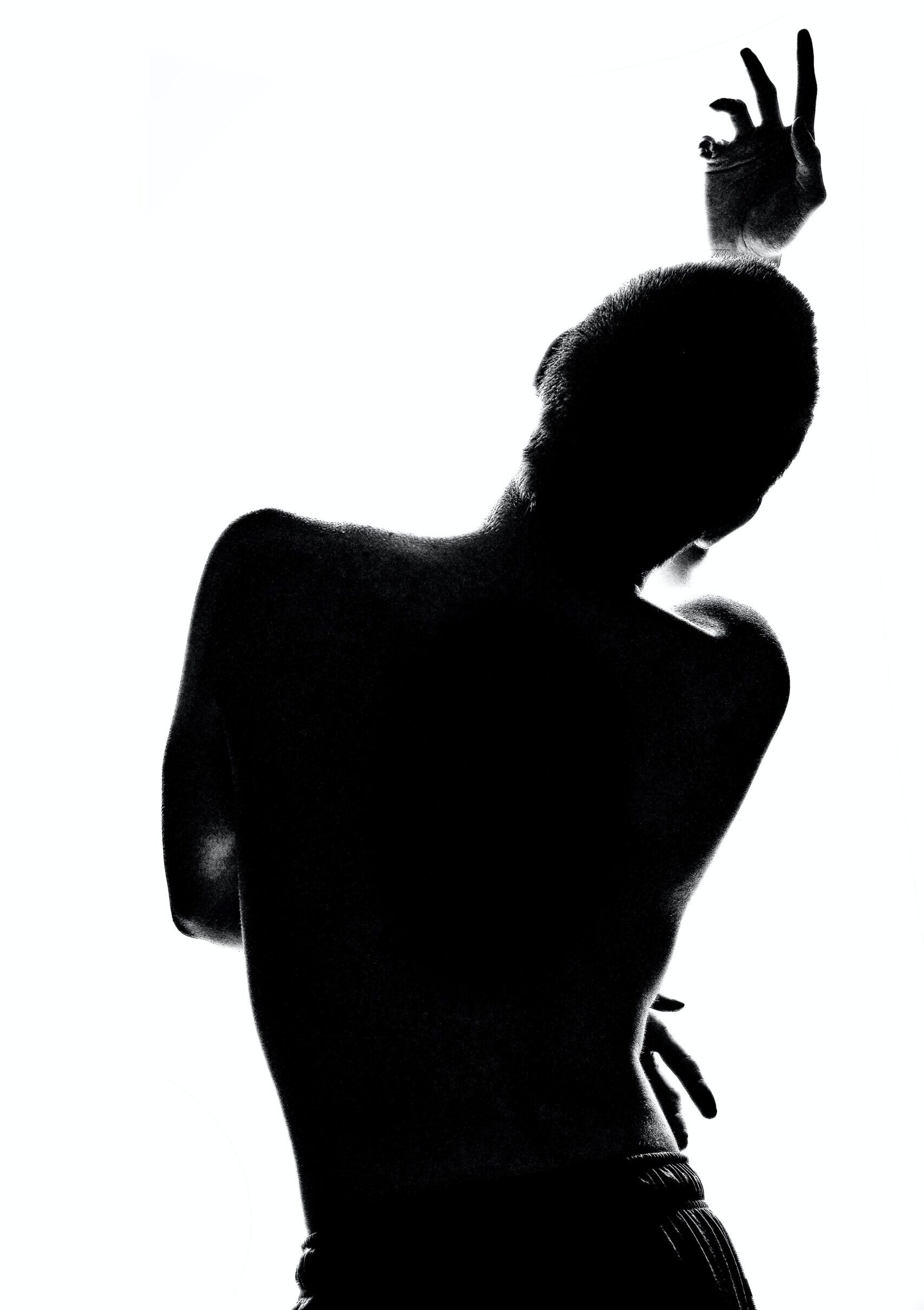Abstract
(Re-)Presentations, Structures & Performativity (2022–2025)
DSP-Kolleg: Gendered Body Politics
In this interdisciplinary Doctoral School, we raise questions about how politics act out on the body but also vice versa, how bodies interfere with and shape power relationships. Although the term “body” politics emerged already out of abortion debates in the 1970s, which highlighted the political dimension of issues concerning the body – such as rape, contraception, hair and clothing styles, pregnancy, or sexual harassment – gendered corporal issues remain highly politicized today, as ongoing debates on abortion rights and the #metoo campaign shown. That said, the social sciences remain largely agnostic of the transformative power of the (human) body – one of the central tenets of the performing arts.

The Doctoral School “Gendered Body Politics” is designed to surmount the invisible barriers between disciplines by bringing the dynamic view of the body of performative arts in dialogue with a static understanding of the body in social sciences.
Thereby, Body Politics opens up a broad field of urgent research questions that range between notions of ‘the body in/of politics’ and ‘politics in/of the body’. The first – ‘the body in/of politics’ concerns how politics think of bodies and how they try to regulate, govern, rule them. The latter – ‘politics in/of the body’ – affirms how politics takes place in and through bodies (e.g., through micropolitical corporeal practices or the choreography of protesting bodies). It is the entanglement of these two forces of top-down and bottom-up body politics in which our interdisciplinary endeavors are situated.
Answers to socially relevant questions about body politics demand interdisciplinary dialogue between different faculties of the PLUS. For this purpose, our DSP brings together faculty, postdocs, and doctoral students who conduct research on body politics in the following 10 disciplines: American Studies, Communication and Media Studies, Dance Studies; Education Science & Social Pedagogy; German Studies, Political Science/Gender Studies, Sociology; Sports Science & Kinesiology, Slavic Studies, and Theology.
-
Fellows
Anna Alabd (Theology)
Christina Gillinger-Correa Vivar (Dance Studies)
Marie-Kathrin Hagn (Communication Studies)
Antonia Heil (Political Science)
Klaudia Koxha (Political Science)
Anna Mavrikou (Communication Studies)
Beate Raidel (Educational Research/German Language and Literature)
Sophia Reiterer (Communication Studies)
Iepke Rijcken (Sociology)
Raimund Rosarius (Dance Studies)
Karin Roth (Educational Research)
Alvina Saakyan (Political Science/Sociology)
Mariia Tepliakova (Political Science)
Xuan Wang-Reisinger (Dance Science) -
Faculty
Univ. Prof. Dr. Zoe Lefkofridi (DSP Coordinator, Political Science)
Univ. Prof. Dr. Nicole Haitzinger (DSP Co-coordinator, Dance Studies)
Univ. Prof. Dr. Angelika Walser (DSP Co-Coordinator, Theology)
Dr. Vera Beloshitzkaya (Political Science)
Univ. Prof. Dr. Birgit Bütow (Educational Research)
Assoz. Prof. Dr. Uta Degner (German Language and Literatrure)
Assoz. Prof. Dr. Minas Dimitriou (Sportscience and Education)
Assoz. Prof. Dr. Ricarda Drüeke (Communication Studies)
Univ. Prof. Dr. Eva Hausbacher (Slawonic Studies)
Dr. Dzeneta Karabegovic (Sociology)
Univ. Prof. Dr. Ralph Poole (English and American Studies)
Dr. Lena Ramstetter (Political Science)
Mag. Nikolina Sokic (Political Science)
Univ. Prof. Dr. Kyoko Shinozaki (Sociology)
Dr. Nadine Zwiener-Collins (Political Science) -
DSP Board of Experts
Prof. Dr. Liza Mügge, University of Amsterdam, Political Science (EU)
Prof. Dr. Susana Paasonen, University of Turku, Media Studies (EU)
Prof. Dr. Alexandra Kolb, Roehampton University, Dance & Politics (UK)
Prof. Dr. Andrew Gorman-Murray, Western Sydney University, Geography, Tourism & Planing (Australia)
Prof. Dr. Susanne Maurer, Marburg University, Education Science (EU)
Prof. Dr. Anne Koch, Catholic University (KTU) Linz, Religious Studies, (EU)
Prof. Dr. Mira Sievers, Humbolt University (HU) Berlin, Islamic Studies (EU)
Prof. Dr. Sylvia Mieszkowski, Universität Wien, English Studies (EU)
-
Successfully completed theses
2024
Marcel Kieslich: Informierte Unbestimmtheit. Theaterphilosophische Studien zur szenischen Robotik [2024]
2023
Marlen Mairhofer: In Austausch begriffen. Ökonomien der Differenz bei Marlen Haushofer, Ingeborg Bachmann und Hélène Cixous [2023] [Erika-Weinzierl-Preis 2023]
Johanna Hörmann: Gespaltene Ver-Körperung: Die Fortwirkung des Satyrs als performative Figuration in den szenischen Künsten [2023]
Gwendolin Lehnerer: Kuratorische Forschung. Neobarocke Forschungspraktiken im Dispositiv der Ausstellung und des Theaters [2023]
Val Meneau: DanceSport’s Economy of Desire – a Dispositive Analysis of Heteronormative Gender Binary in Latin American Competitive Dancing [2023] [Gabriele-Possanner-Preis 2023; Erika-Weinzierl-Preis 2023]
Fotos: © Nathan Defiesta; Unsplash





